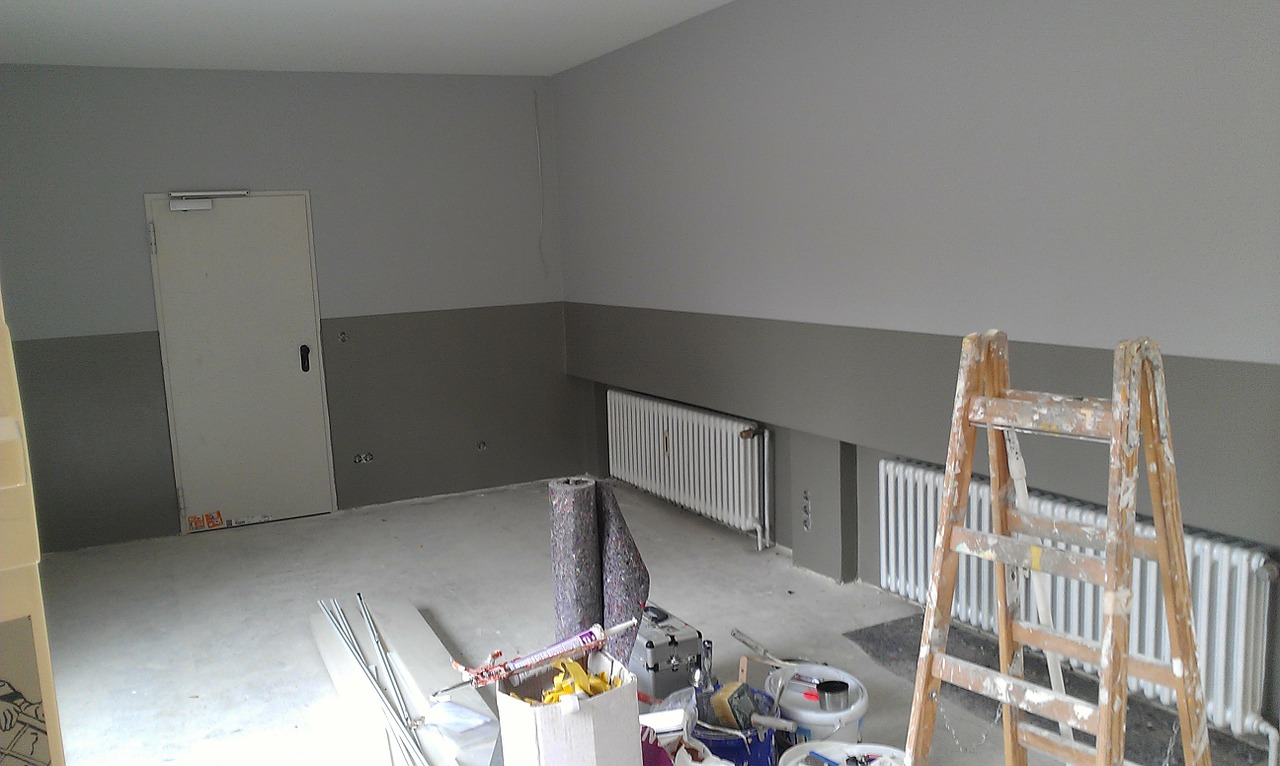
One of the most common ways to finance improving the look of your property is re-mortgaging. It is certainly becoming a popular option as last year the amount of people choosing to re-mortgage increased by 26% year on year basis. This does not mean the process should be taken lightly, proceeding with an application is just as decisive as starting the original mortgage. Understanding is imperative so in this article the answers to frequently asked questions will hopefully reassure you if this is the right route to funding for your needs.
What is re-mortgaging?
In layman terms re-mortgaging is taking your existing mortgage and switching to a new one with the same or new lender. This is otherwise known as a ‘secured loan’ which means your existing property is used as security to a lender so you can borrow the amount needed.
Re-mortgaging is often an option for most home owners when their fixed term comes to an end. This is because the lender switches the mortgage to a standard variable rate which is normally much higher than the fixed rate. Naturally if your bills increase you would be eager to shop around for better rates.
What costs are involved and how much can I borrow?
There is a limit to how much it’s possible to raise against your property through re-mortgaging. The amount starts from as little as £1,000 with most you can borrow is £500,000. The higher the equity you have in your property the more can be borrowed against it. The amount lent will also affect the interest rate and fees.
The fees themselves will need a little more scrutiny because the interest rate won’t include the fee that you will need to pay when starting an application. The rates may look appealing but can often be levied against the fees. Some lenders will charge a fee to secure the deal on the rate chosen, the cost can range between £100-£200, independent mortgage advisors can charge much more.
When can you re-mortgage a property?
Always refer to your mortgage contract before hand because if your current mortgage is still within its term you maybe forced to pay an early repayment charge. This can be an eye watering amount that will instantly defeat the object of re-mortgaging. The early repayments can vary between 2-5% of your existing mortgage.
Once the loan term has been checked and you’re free to shop the market, planning by three months will give you adequate time to compare the available lenders against the current loan and for the funds to arrive subject to a successful application. If the present lender offers the right deal it can usual take 1 month to process however if you find a new lender this can take up to 2 months.
How can I compare the best deals?
If this sounds like the route to your sparkly new interior, then there are some factors to consider before phoning your bank. When you ask a builder to quote for home improvements it wouldn’t be wise to simply just call the first on google. The same principle applies to re-mortgaging your property. We are fortunate enough in the digital age to have an abundance of price comparison sites for mortgages. This will give you a great starting point for working out interest rates and affordability
Comparing different rates for re-financing your property is a smart option but there are things to consider when using price comparison websites.
What risks are involved?
Affordability checks are a given with every lender for re-mortgaging which means that a credit file will be requested. It is worth noting this process can have risks associated if not carried out properly. Every time a credit check is completed a mark will appear on your credit file. If multiple applications are filled out, then this will certainly have a detrimental effect.
There are simple precautions you can take to prevent any mishaps in the early stages. Consistency is key! The information entered to any application needs to be consistent. For example: email addresses and mobile numbers can change so the best way to avoid any irregularity is to opt for a landline contact number. Granted this maybe old school but the likelihood of having the same land line number when you last completed a credit check will be higher. This will reduce the chances of the power- that-be increasing a fraud scoring and being knocked out of the process entirely.
Is it worth having independent advice?
The other option to decrease the possibilities of disappointment is to reach out to mortgage brokers. More commonly known as mortgage advisors, they have the expertise to submit the information the lender requires and wants. Submitting multiple cases every day to lenders across the countries means they will have a clear understanding of the type of information the banks are looking for. To secure the best rates, it is always advisable to see an advisor who has access to ‘The whole of market’. Unfortunately some advisors are limited to a select number/panel of lenders so aren’t able to search across the market. Because of this exclusivity they will have access to better deals with these lenders. In the interest of choice whole of market brokers won’t be bound to whom they can approach to source the best deal for you.
Thousands of homeowners are considering this option to fund their home improvements every year but you can be ahead of the masses by researching, comparing, being advised and certainly not rushing your decision.
Join our newsletter
Get small space home decor ideas, celeb inspiration, DIY tips and more, straight to your inbox!
Real Homes is committed to sharing the best advice on everything from renovating your home to what products to fill it with. From DIY how tos, to ideas galleries and reviews Real Homes offers knowledge and expertise to help you do what you need to do, in a way that hopefully makes the process fun and easy. Our sponsored content is not an editorial endorsement, but allows you to connect with brands to assist your home renovation journey and alerts you to products you may not have known about before.
-
 Door and roof ideas from Korniche to get your home lookin' its brightest
Door and roof ideas from Korniche to get your home lookin' its brightestMake the most of natural light with these bi-fold door and roof light products from the Korniche aluminium experts — and have your home looking bright and beautiful in no time
By Sponsored Published
-
 No need to choose between bi-fold or sliding doors — a third option *does* exist
No need to choose between bi-fold or sliding doors — a third option *does* existThis new innovative choice combines the benefits of bi-fold and sliding doors
By Sponsored Published
-
 5 ways glazed internal doors can transform your space
5 ways glazed internal doors can transform your spaceBy Sponsored Published
-
 Add a personal touch with photo art
Add a personal touch with photo artTransform your child’s room with their favourite family images
By Sponsored Published
-
 Improve your views with Sunflex sliding doors
Improve your views with Sunflex sliding doorsStriking expanses of glass from Sunflex make the most of garden links
By Sponsored Published
-
 Turning your TV into a piece of wall art
Turning your TV into a piece of wall artIs it a TV or a work of art? With The Frame you won’t be able to tell the difference.
By Sponsored Last updated
-
 Shuttercraft shutters can give you privacy, while still letting in the light – here's why they're a summer essential
Shuttercraft shutters can give you privacy, while still letting in the light – here's why they're a summer essentialHow Shuttercraft can help keep your home cool this summer
By Sponsored Published
-
 Having shutters can help you sleep better – here are 5 more reasons you should buy from Shuttercraft
Having shutters can help you sleep better – here are 5 more reasons you should buy from ShuttercraftNot just because they are stylish...
By Sponsored Published

